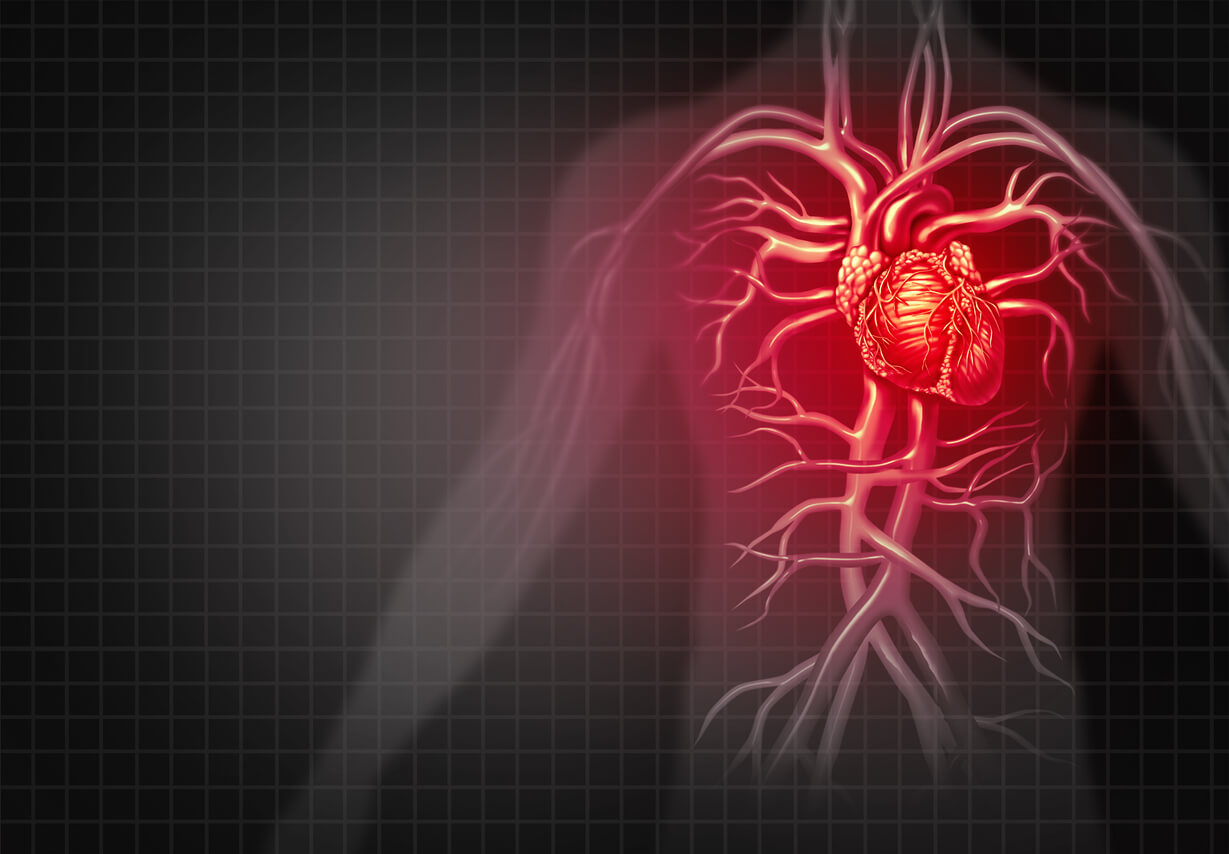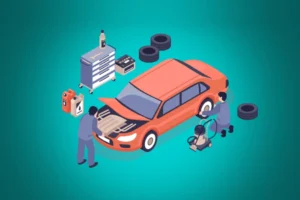
What Is the Last Stage of Heart Failure?
Heart failure is a severe condition in which the heart cannot pump sufficient blood for the body’s needs. Heart failure is graded based on clinical factors, with the end-stage being the most severe form of the condition. Let’s understand more about this cardiac condition, its signs and symptoms and the various heart failure treatment options available.
What is End-Stage Heart Failure?
Heart failure causes a gradual weakening of the heart and prevents it from pumping blood to its usual capacity. As the condition progresses, it is harmful to the body. In the initial stages, the heart compensates for its weakness by stretching its walls and pumping faster.
However, these adjustments continue to deteriorate the heart’s condition after a while, resulting in end-stage heart failure. At this point, the person begins to experience breathing difficulties, fatigue and other issues. In late-stage heart failure, the individual feels breathless even at rest.
Causes of End-Stage Heart Failure
Heart failure is a chronic disease that develops over a long period. In some cases, it occurs due to an event that causes sudden damage to the heart, like lung clots, infection or a heart attack.
Several reasons that result in late-stage or end-stage heart failure include:
- Coronary heart disease
- Heart attack
- Diabetes
- Obesity
- Valvular heart diseae
- Excessive and chronic consumption of alcohol and drug
Signs and Symptoms of End-Stage Heart Failure?
Symptoms of end-stage heart failure may be mild, while sometimes, you may not feel any symptoms. The symptoms of heart failure can range from mild to severe and often come and go. However, as the disease progresses, the symptoms continue to become severe.
A few common symptoms of end-stage heart failure include:
- Shortness of breath (dyspnea): End-stage heart failure patients feel breathless at rest and while performing an activity.
- Feeling tired of fatigue
- Coughing or wheezing: The cough may worsen at night or when lying down.
- Increased heart rate and palpitations
- Weight gain
- Urge to urinate when resting at night
- Swelling in your ankles, legs and abdomen
- Bloating, loss of appetite
- Nausea
Some people with end-stage heart failure may also experience:
- Depression
- Anxiety
- Insomnia
How is End-Stage Heart Failure Diagnosed?
Your doctor and a multidisciplinary healthcare team will perform a thorough clinical examination; diagnosis of end-stage heart failure usually includes:
- Complete medical history
- Family history of heart disease or sudden death
- History of smoking or tobacco chewing
- Alcohol consumption
- History of chemotherapy or radiation
- Medication history
Your doctor may also recommend a few tests that give them an idea about your heart health and other health parameters.
How is End-Stage Heart Failure Treated?
While early stages of heart failure are manageable using medications and lifestyle changes, end-stage heart failure cannot be cured and mostly requires a heart transplant. People with end-stage heart failure must make a few tough decisions about their treatment without affecting their quality of life. Palliative care is also a good option for people with the last stage of heart failure.
Palliative Care
Palliative care aims to improve the patient’s quality of life when suffering from a severe, life-threatening condition like end-stage heart failure. It involves therapies or procedures that reduce symptoms and address the individual’s mental, emotional and psychological needs. A few palliative care treatments may also be given to prolong the individual’s life.
Hospice Care
While hospice care is similar to palliative care, its primary goal is practical symptom management. People seek hospice care when not on treatments that can prolong their life. Hospice care is usually given when an individual is offered around six months to live.
Medications
Though medications given in end-stage heart failure cannot cure the condition, heart failure treatment options are given to help people manage their symptoms:
- Beta-blockers: These drugs reduce heart rate and the work and effort made by the heart.
- ACE (Angiotensin-Converting Enzyme) inhibitors: These medications lower the levels or action of angiotensin, which is known to raise blood pressure.
- Mineralocorticoid receptor antagonists: These groups of drugs reduce the harmful effects of aldosterone, the hormone which influences blood pressure by modifying salt and water levels in the blood.
- Valsartan: This medication blocks the effect of the renin-angiotensin system that controls blood pressure and blood water levels.
- Diuretics: These drugs increase urine output and blood water levels.
- Hydrazine dinitrate: This drug relaxes the blood vessels and reduces blood pressure levels.
- Digoxin: This drug increases heart muscle contractions.
Surgery
Apart from the heart failure treatment options mentioned above, some people may require surgery to relieve symptoms of heart failure:
- Placement of a left ventricular assist device that provides mechanical support to the left side of the heart to pump blood.
- A biventricular pacemaker may be placed surgically to help the sides of the heart pump blood.
- Placement of implantable cardioverter defibrillator that assesses heart rate and helps correct abnormal heart rhythms.
They may also receive an artificial heart or a heart transplant.
Conclusion
If you or someone you know suffers from last-stage heart failure, it is essential to understand all the possible treatment options. Your doctor will discuss your end-stage heart failure treatment options and help you pick the most suitable one. Early and prompt treatment of heart failure prevents them from reaching the last stage. Need help getting your heart condition evaluated? Consult with our expert cardiologists at Max Healthcaregroup!
Read More Health Blogs About what is gynecomastia, emergency department.


